WICV 2024 | Thematic Summit “Integrated Ecosystem: Reshaping the New Industry Development Landscape” Wraps Up
Date:2024-11-05 17:32
Typeface【 Default large Extra large 】
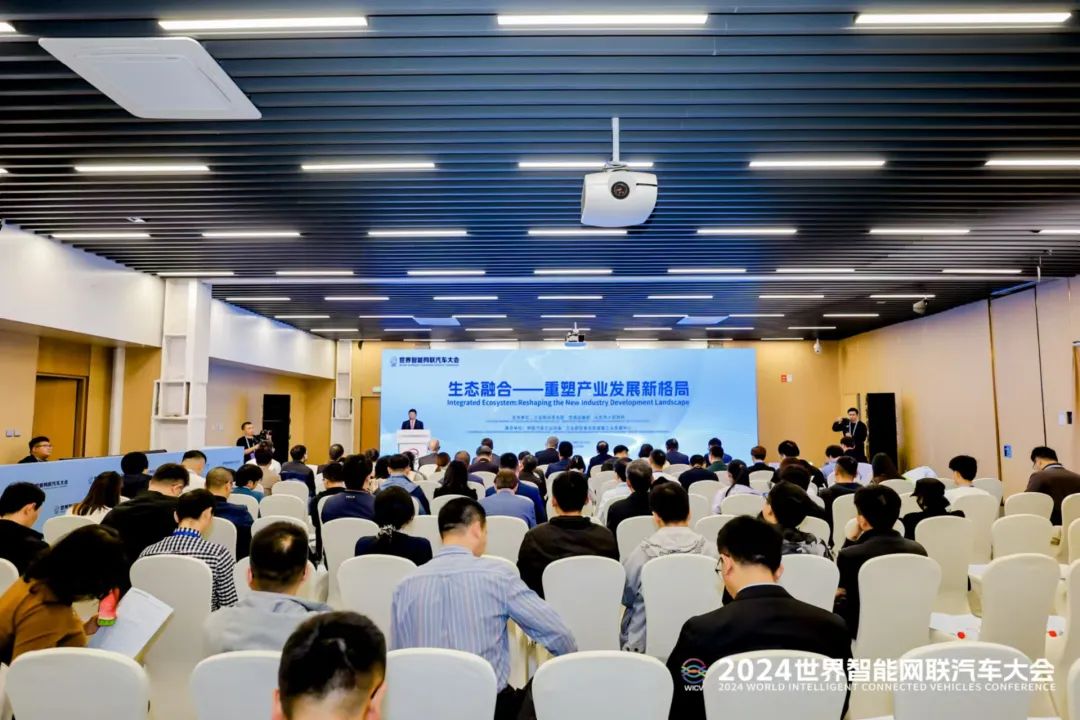
On October 18, the thematic summit “Integrated Ecosystem: Reshaping the New Industry Development Landscape” was successfully held as part of the 2024 World Intelligent Connected Vehicles Conference (WICV 2024) in Beijing. This event was co-organized by the China Association of Automobile Manufacturers (CAAM) and the Ministry of Industry and Information Technology Equipment Industry Development Center (EIDC). Renowned experts, scholars, and high-level leaders from industry organizations and enterprises were invited to discuss the current status and future trends of the ICV industry ecosystem both domestically and internationally.
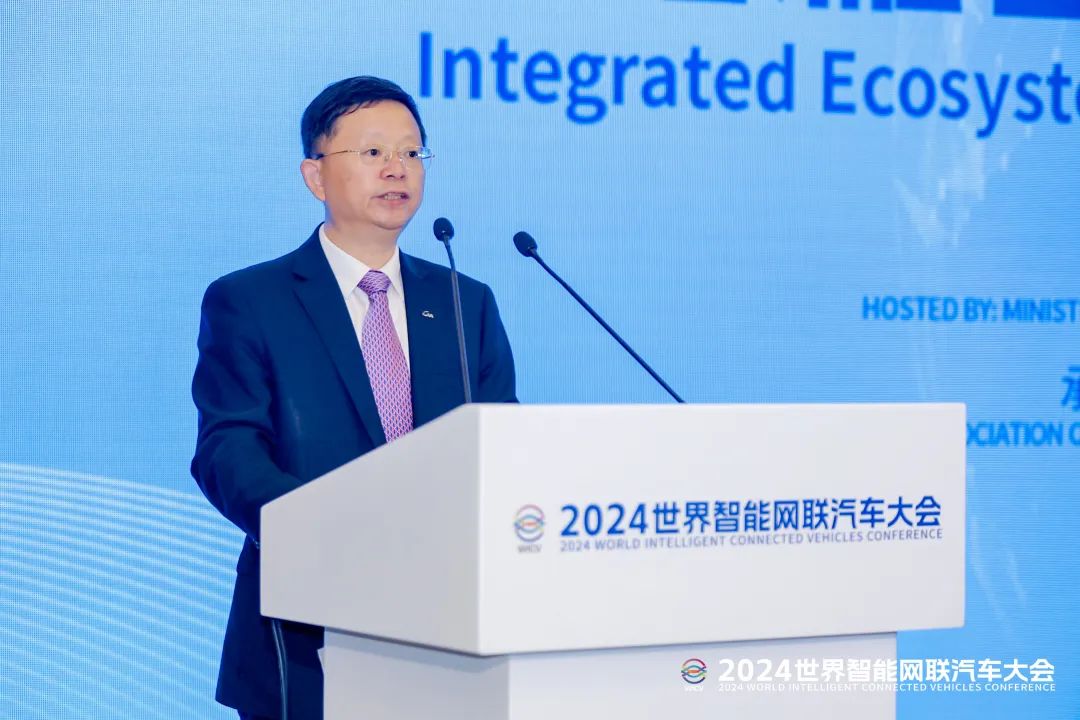
This summit was moderated by Yang Zhongping, Deputy Secretary General of the CAAM. He stated that to promote the joint development of the industry and enterprises, there is an urgent need to build an open, collaborative, innovative, and shared ICV ecosystem that encompasses multiple dimensions such as intelligent cockpits, AI large language models, hardware-software collaboration, and data ecosystems. Meanwhile, we should closely align with market demands, integrate industry resources, drive technological innovation, encourage open-source collaboration, and promote deep integration and cooperation among the automotive, communications, transportation, and internet industries, thereby reshaping the new landscape of automotive industry development.
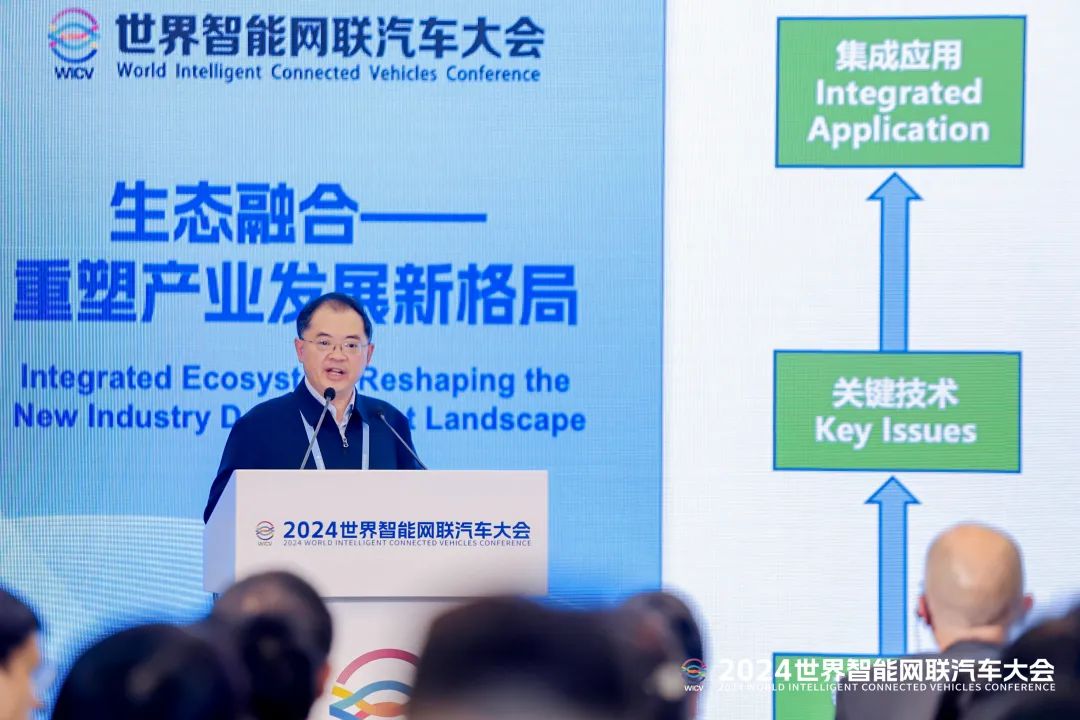
Zhao Xiangmo, President of Xi’an University of Architecture and Technology and Professor of Chang’an University, delivered an introductory report titled “The Development of Intelligent Connected Vehicles”. The report outlined the ICV development from three aspects: the connotation and extension, key technologies, and testing and evaluation.
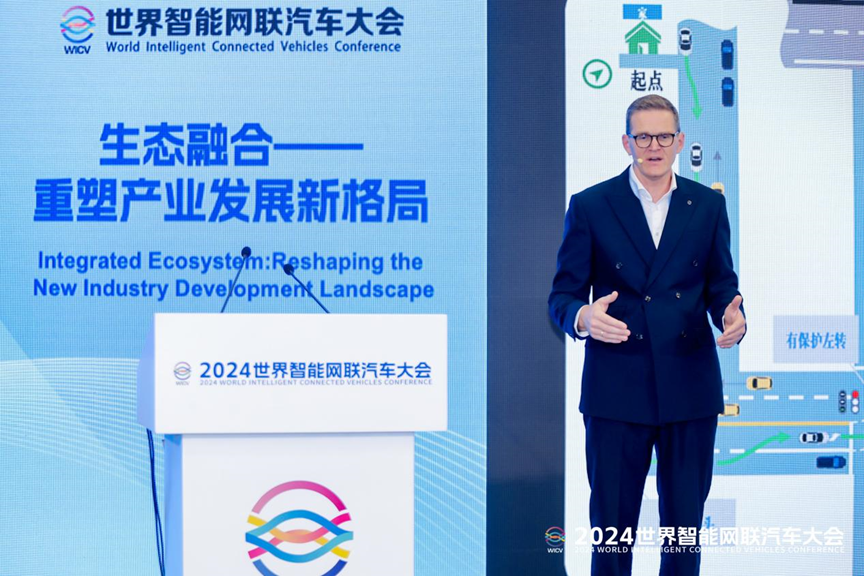
Oliver Löcher, Senior Executive Vice President of Mercedes-Benz Group China Ltd. and Head of Mercedes-Benz China Research, Development and Procurement, delivered a keynote speech on “Innovation Ecosystem and Practices of NEV and ICV”. His sharing focused on the latest achievements of Mercedes-Benz in the fields of ICV and EV, as well as the high priority placed on safety during the R&D process of intelligent vehicles.
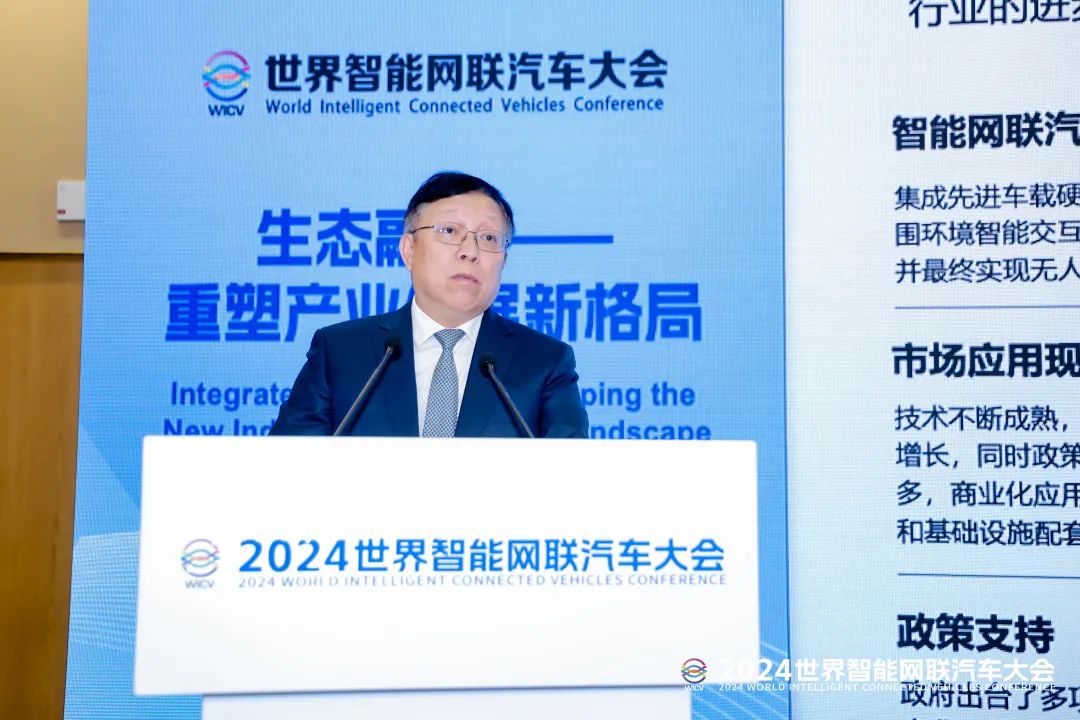
Tan Minqiang, CEO of China Automotive Innovation Corporation (CAIC), delivered a keynote speech on “Open Source and Collaboration: Empowering the Intelligent Connected Vehicle Industry Chain Upgrade”. He highlighted that software-defined vehicles, AI-enabled automotive technological transformation and reshaping of the industrial chain, intelligent ecological chains, and internationalization are important forces driving profound changes in the automotive industry. He also shared models and paths for innovation in the intelligent ecological industrial chain.
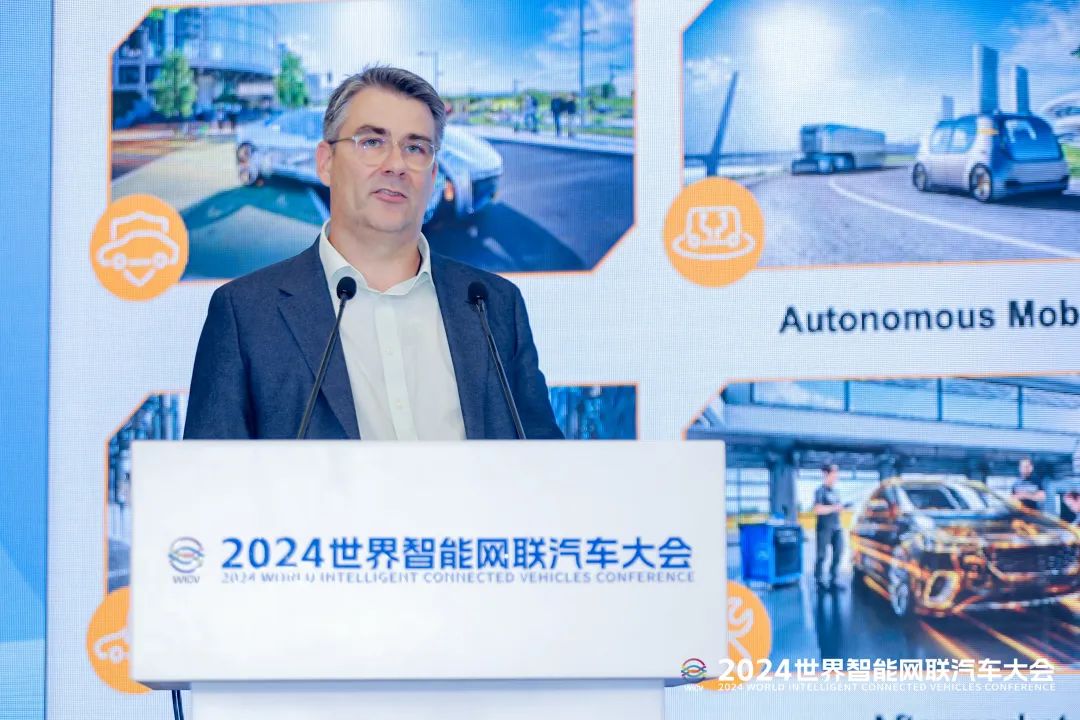
Dr. Thomas Meurers, CTO of Continental Automotive China, delivered a keynote speech on “Maximize Mobility Performance by Connected Autonomous Driving”. In his speech, he emphasized the positive changes brought by intelligent driving features to mobility and the commitment of Continental Group to safety in its business philosophy.
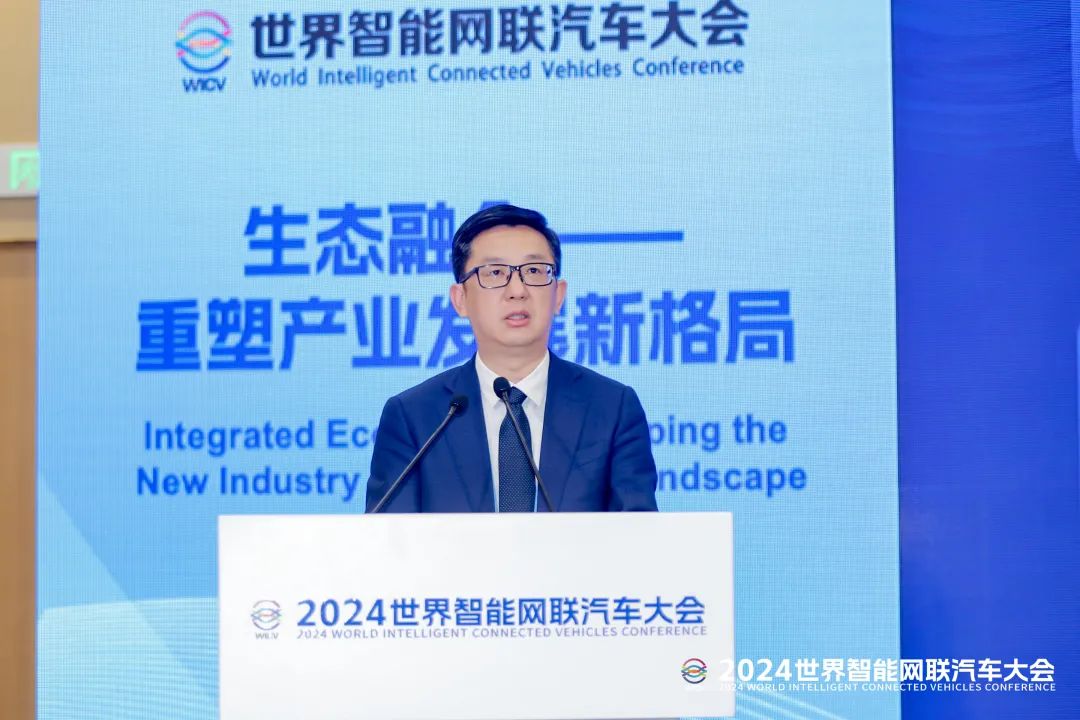
Gu Yongcheng, Vice President of ZTE Corporation and General Manager of ZTE Intelligent Automotive Electronics, delivered a keynote speech on “Promoting OS Openness to Co-Build An Intelligent Automotive Ecosystem”. He first discussed how to jointly build a new quality ecological landscape for operating systems in the context of the new development in intelligent connectivity, and then shared ZTE’s new practices in automotive operating systems.
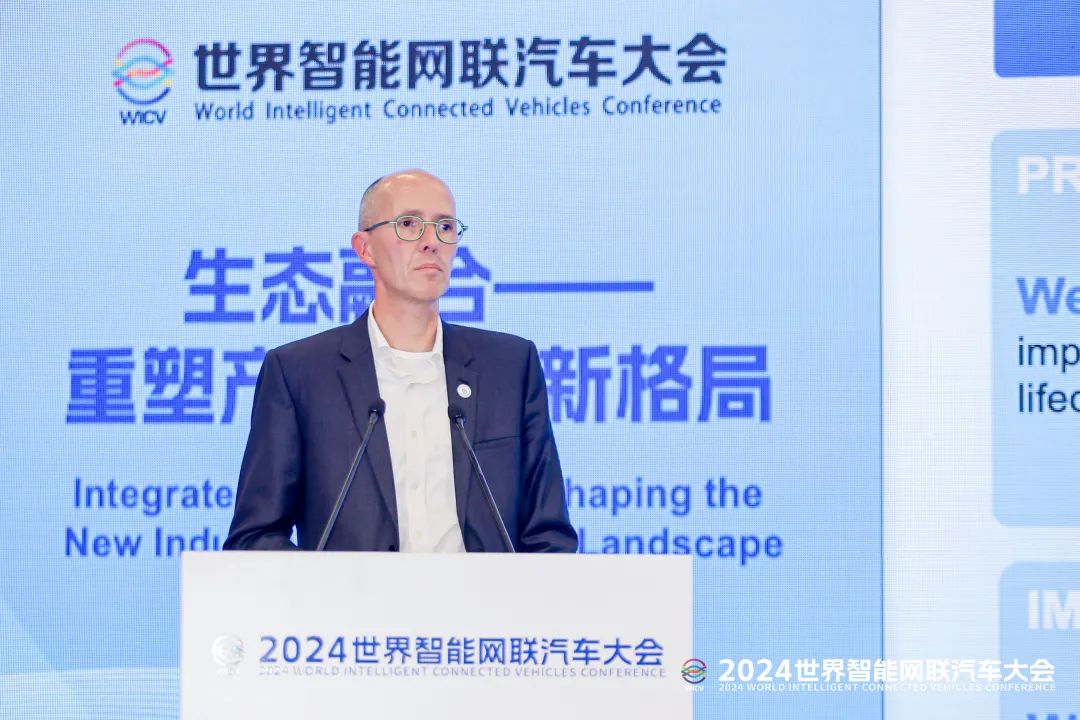
Marius Dupuis, CEO of the Association for Standardization of Automation and Measuring Systems (ASAM), delivered a keynote speech on “ASAM Standards – The Key to Large-scale Data Lakes and Collaboration in the ICV Industry”. He emphasized that standardization is vital to the ICV data ecosystem. He also shared the application experience of digital twin technology in automotive simulation, testing, analysis, and diagnosis.
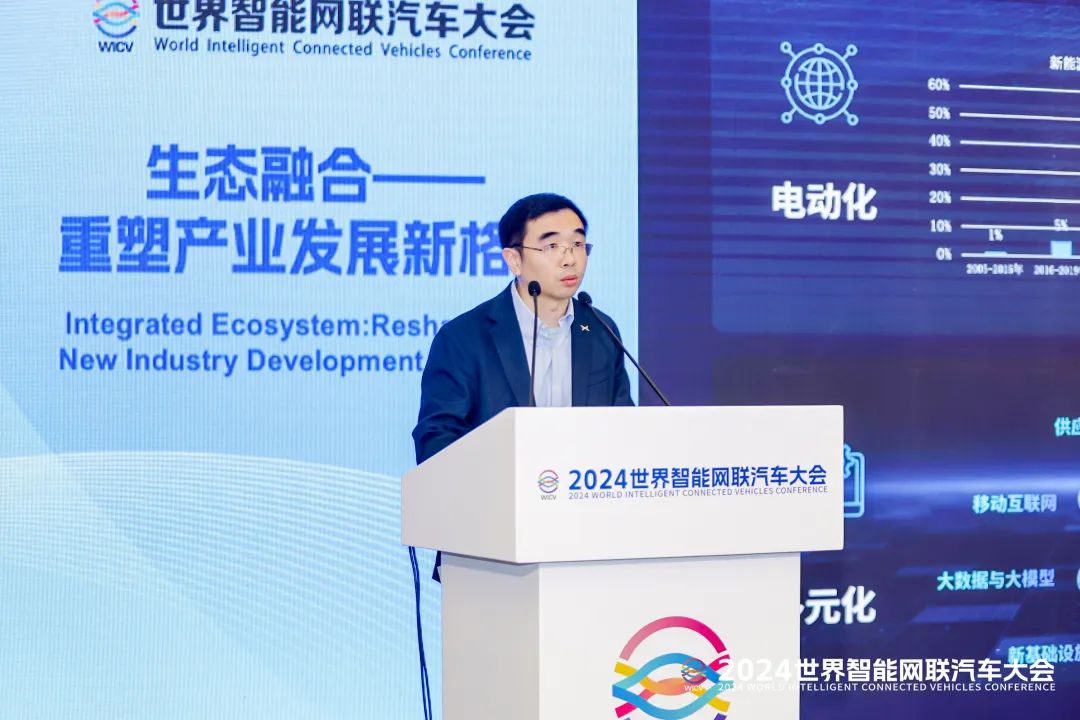
Jacky Gu, Chairman of Technical Committee and General Manager of Powertrain, XPENG, delivered a keynote speech on “Mobility Ecosystem Synergy Under Intelligent Megatrend”. He elaborated on XPENG’s commitment to a long-term development philosophy, with a sustained focus on investing in new technologies, particularly in areas such as AI large language models and self-operated charging stations. In addition, he also envisioned the development prospects of the new ecosystem for flying cars.
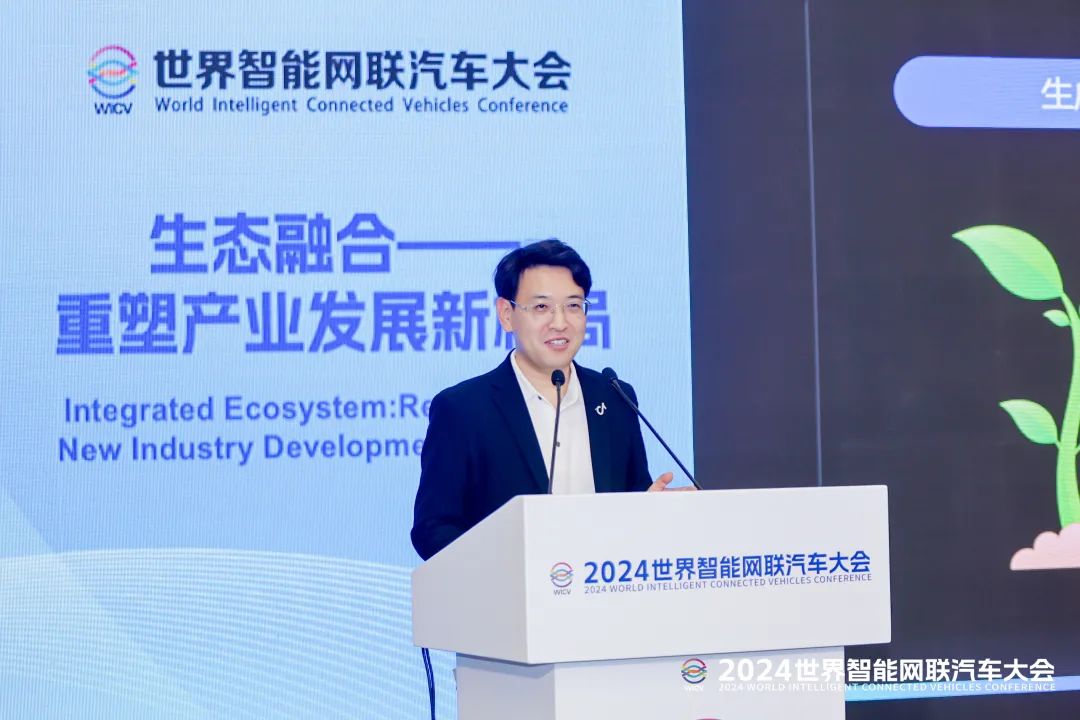
Yang Liwei, GM of Volcano Engine Automotive, delivered a keynote speech on “The AI Ecosystem of Intelligent Vehicles”. He explained the characteristics and development history of generative AI, showcasing its value through internal applications. He also analyzed the changes brought by AI to the automotive industry, emphasizing that large models require plugins to achieve end-to-end services, and shared collaboration cases with automakers.
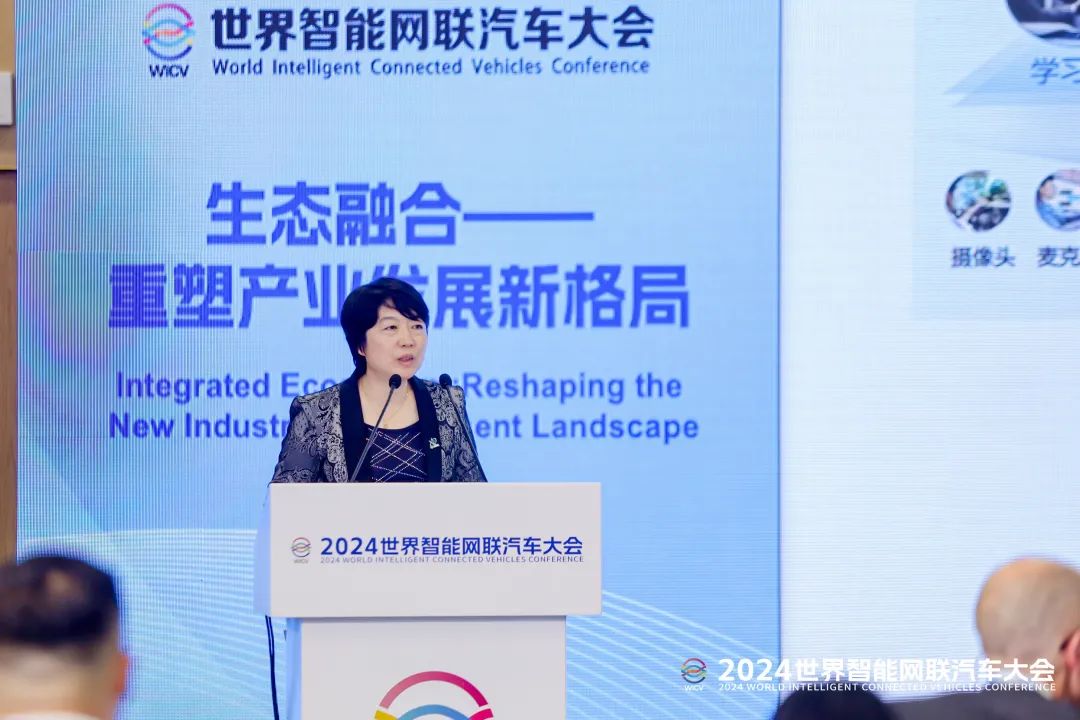
Wan Lei, Vice President of the SparkLink Alliance, delivered a keynote speech on “SparkLink: An Innovative Short Range Communication Technology for Vehicular New Applications and New Eco-systems”. She stated that SparkLink’s new-generation wireless short-range communication technology standards have developed rapidly over the past five years and have now entered the second stage. Looking forward, SparkLink will continue to develop its standards to achieve ecological sharing between people, vehicles, and homes, making new contributions to society.
Previous article
Next article